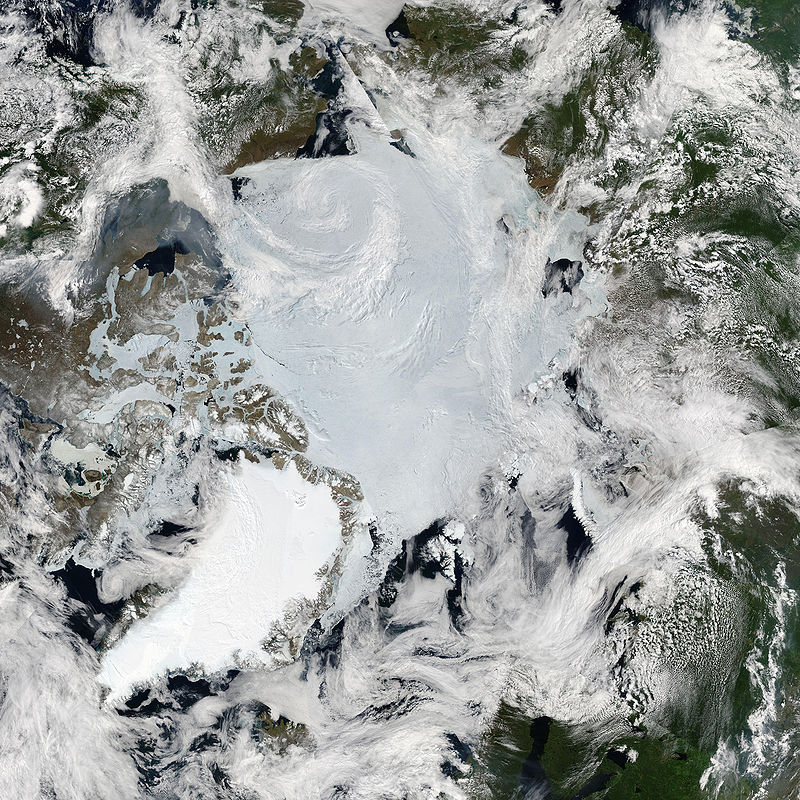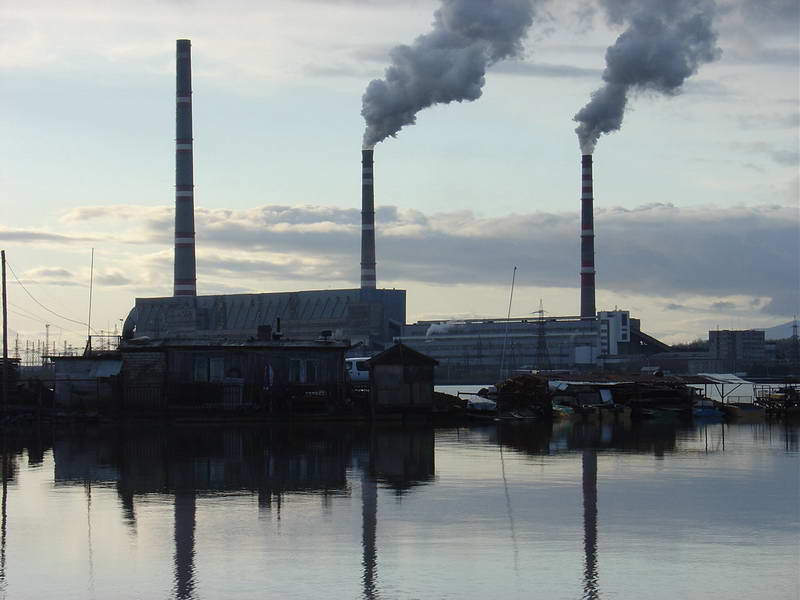by Shelley Welton, Deputy Director & Legal Fellow
The question of how to regulate emissions leakage is at the forefront of policy makers’ minds in both California and the Regional Greenhouse Gas Initiative (RGGI) states. A previous post described the problem of leakage; this post gives an overview of how states can regulate the problem and the possible legal challenges that such regulations might face.
Although RGGI is the first regional cap-and-trade program in the country for greenhouse gases, it is coming later to the leakage debate because its initial regulations did not call for leakage control; instead, it chose to study the issue further and will consider whether to adopt a leakage control mechanism during its 2012 program review. California—which recently announced final approval of its cap-and-trade regulations—is the first state to officially adopt a leakage control policy, and it has chosen what is known as the “first deliverer” approach.
Under the “first deliverer” approach, an obligation to obtain emissions allowances commensurate with greenhouse gas emissions is placed on whichever entity first delivers power into the California grid for consumption in California. For power produced within California, this obligation falls on the electricity generator. For power imported into California (the power of concern with respect to leakage), the compliance obligation is placed on the entity that has control over the electricity when it enters the state. See 17 Cal. Code § 95811(b) (Oct. 20, 2011) (not yet finalized).
RGGI will, in the coming year or so, consider whether to adopt similar regulations to avoid leakage from RGGI states into neighboring states. Other policy options do exist; for example, some have proposed an administrative approach, and RGGI previously considered several additional alternatives, although each came with a significant downside or substantial complications.
The regulation of electricity importers raises a few possible legal concerns. The first is whether such regulations might be preempted by the Federal Power Act (FPA), 16 U.S.C. § 824 et seq., which gives the Federal Energy Regulatory Commission exclusive jurisdiction over interstate wholesale power. The second is a possible challenge under the dormant Commerce Clause, which prohibits states from passing laws that unduly burden interstate commerce.
Our early research at the Center for Climate Change Law suggests that if properly designed to ensure that in-state and out-of-state entities are treated as equally as possible, leakage regulations, including a “first deliverer” approach, should be able to withstand a legal challenge under either of these doctrines. Regulations would likely withstand an FPA preemption challenge because although they place a compliance obligation on some wholesale power suppliers and may tangentially affect the price of wholesale power, they are fundamentally concerned with regulating an environmental harm caused by electricity emissions—a clear, long-standing area of state regulation. Similarly, leakage regulations should be able to stave off a dormant Commerce Clause challenge so long as they equalize the burdens born by out-of-state sources and in-state sources, as the Constitution permits state regulations that have an incidental burden on out-of-state businesses when the regulating state can show significant benefits. In the case of greenhouse gas regulations, the benefits are considerable enough that a convincing case can be made that they outweigh reasonable burdens placed on actors in surrounding states.



